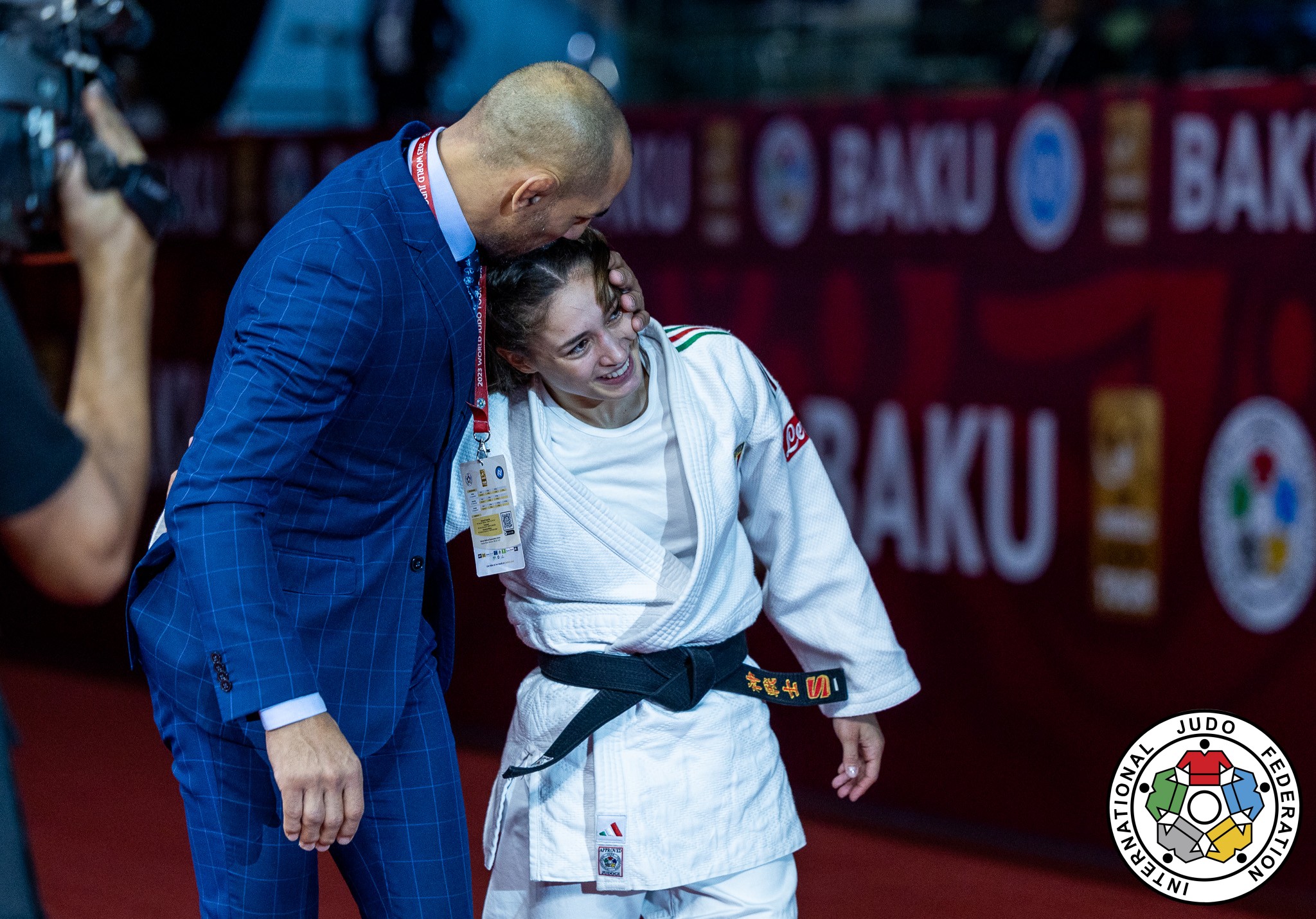One of the two basic judo principles is Jita Kyoei, which means mutual welfare and benefits.
Ancient Greek philosophy and also oriental philosophy (Japan) place the society before the individual. That is why Jigoro Kano said that the goal of judo is to help the growth of society as a whole.
The judo club should be a place of socialization and communication in which young judoka grow into self-confident, respectful, proactive and responsible adults. This can only be achieved if the coach is a positive role model who realises that the judoka is a goal and not just a tool to achieve goals, like medals or promotion.
Judo is an educational method that also educates young people through values that are accepted as positive in our community.
Understanding and living the values can be seen through the behavior of the individual. An outside observer can see how individual reacts and behaves in a certain situation, if only they really live these values. The fact that someone can list values and explain them, does not mean that he lives them.
One of the “unofficial values” of the Moral Code is TRUST.
The word trust derives from the Latin word ‘fides’, which means reliablilty, a sense of trust between two parties if a relationship between them was to exist. Trust is also a belief that the other is able and willing to do what is expected. Trust stands for ‘security’ and ‘confidence’.
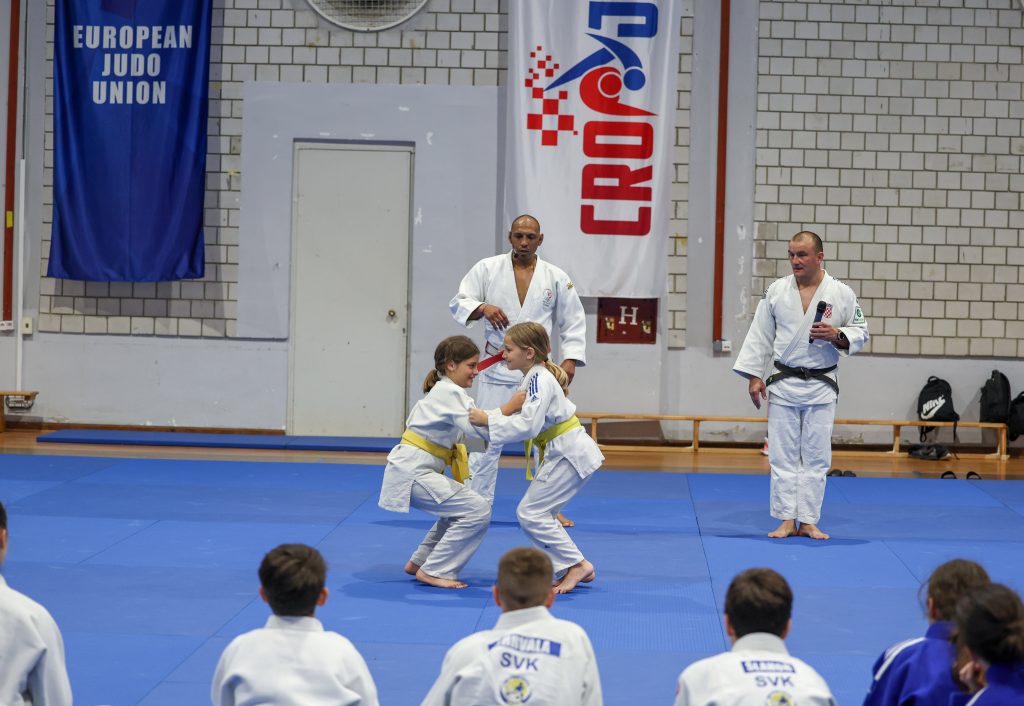
Trust is very important in Judo. Is the relationship between uke and tori. They put their lives and health in each other’s hands. Any implementation of the technique (waza) can be life-threatening. Therefore it is necessary to be 100% sure that uke is a partner in growth (do) and that Judo is not a fight for survival (shinken shobu).
Beside the importance of trust in Judo training between practitioners, very important is also trust between a coach and a student. The coach must be a role model (a role model is a person whose behavior, example, or success is or can be emulated by others, especially by younger people), an example to young judokas. Only if trust is established the young judoka will remain in the club and develop into a self-confident and responsible person who will pass on judo to the next generations. But that’s also the ultimate goal of judo, isn’t it?
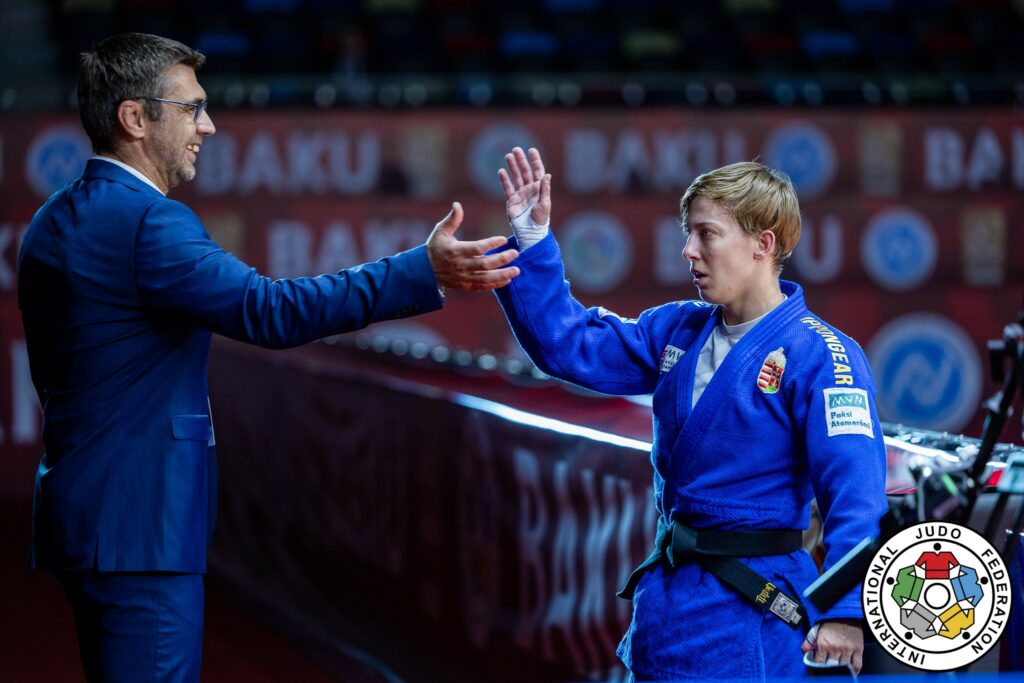
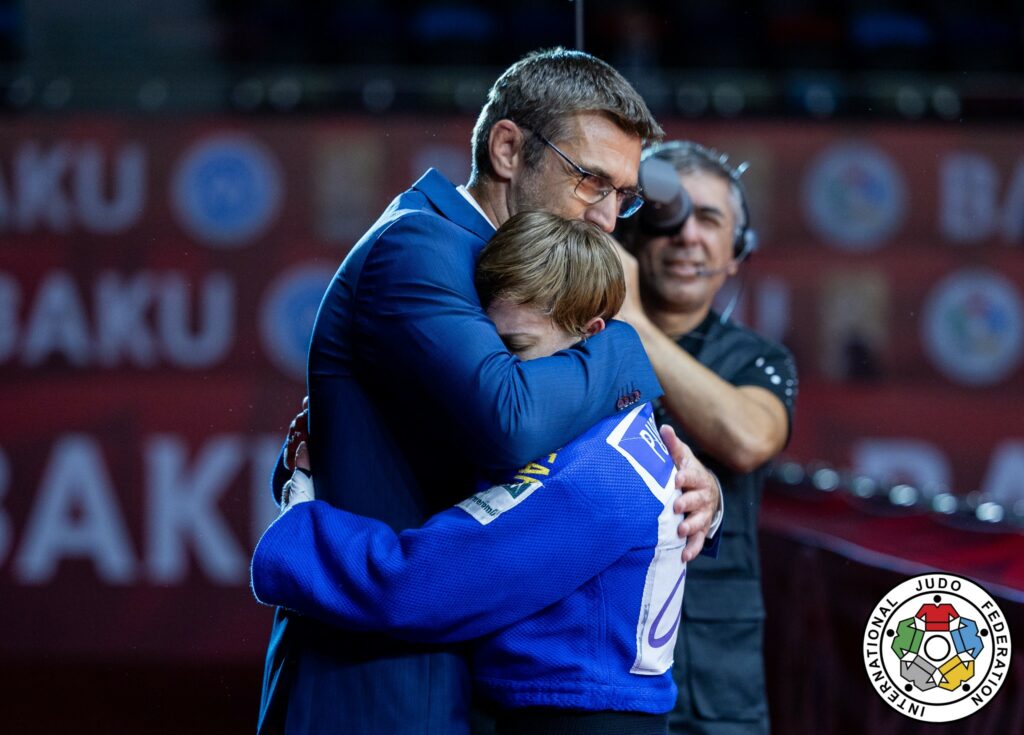
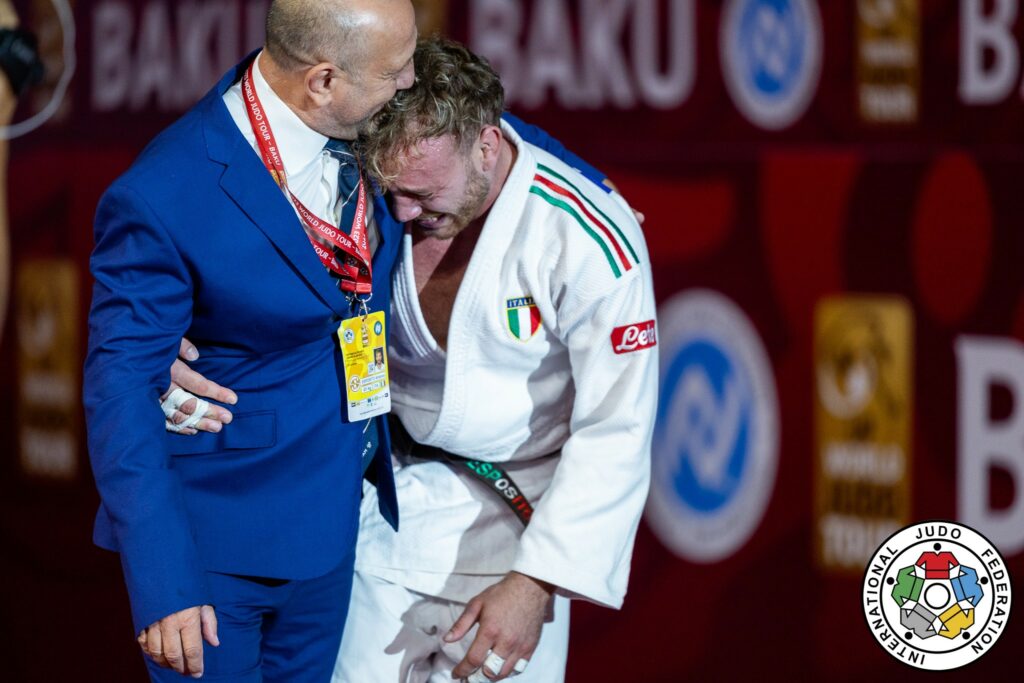
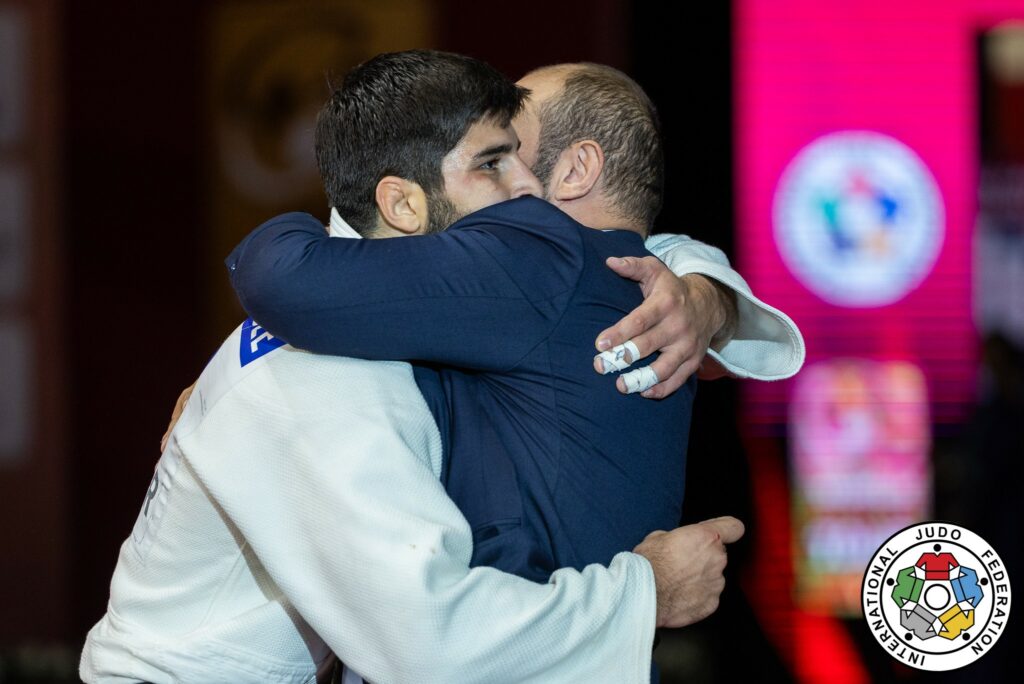
How do we exercise trust?
Among judokas – in every execution of the technique, we are completely focused on the safety of the execution. Safety means, not too strong, not too rough, correctly and with the goal that the partner stand up healthy and that he can then perform the technique.
A healthy partner simply means that we will have someone with whom we can practice judo and progress together.
Trust is also the absence of bullying and others forms of violence.
From the perspective of the coach, student trust means that the coach offers the young judoka the security from his own negative actions and from other training participants. Trust also means that the coach pays attention to all the participants in the exercise, that he gives each of them specific tasks and does not criticize or belittle them during their performance. If the coach does not gain the student’s trust, the student will most likely leave the judo practice soon.
Author: Mojmir Kovač 6. dan
Author: EJU Media



